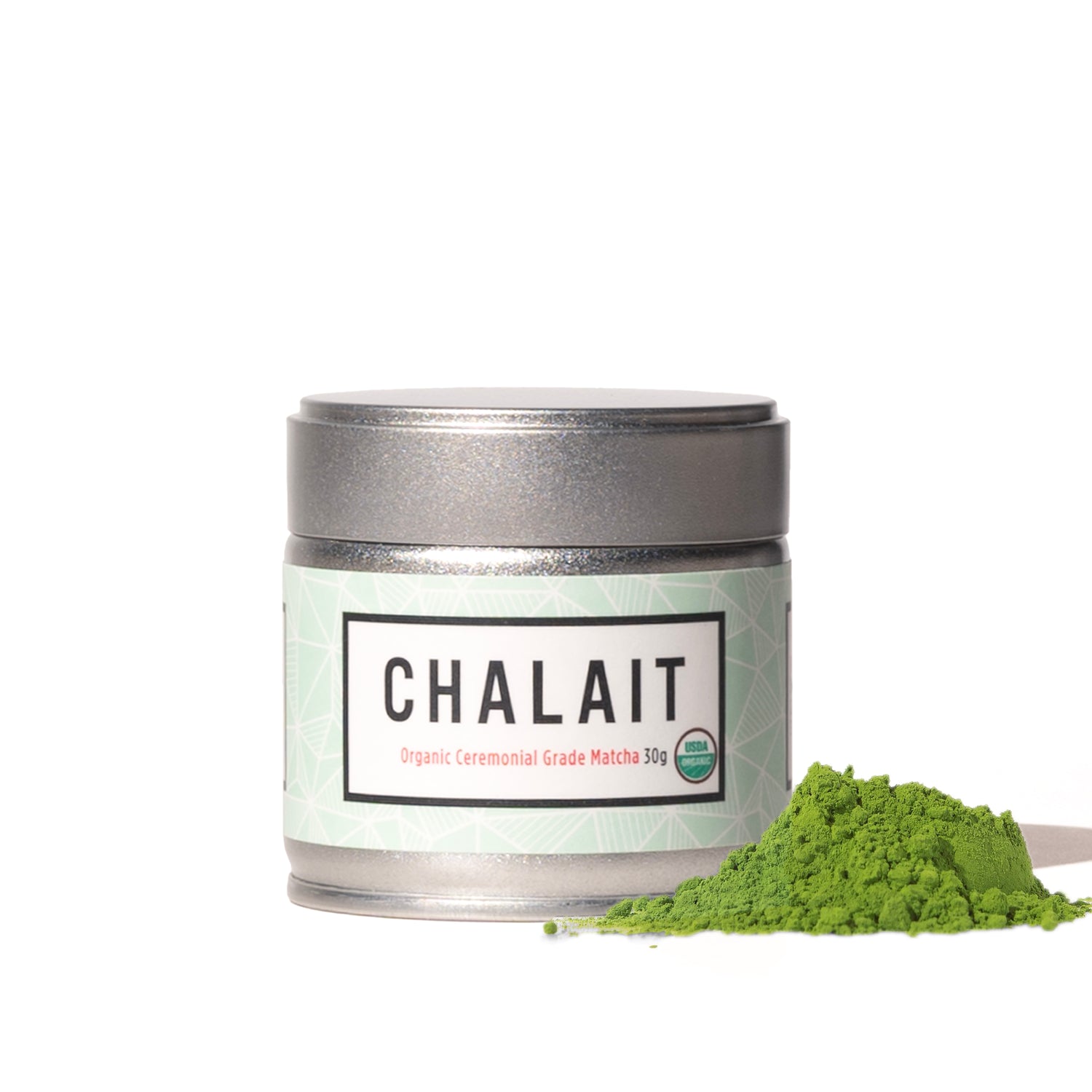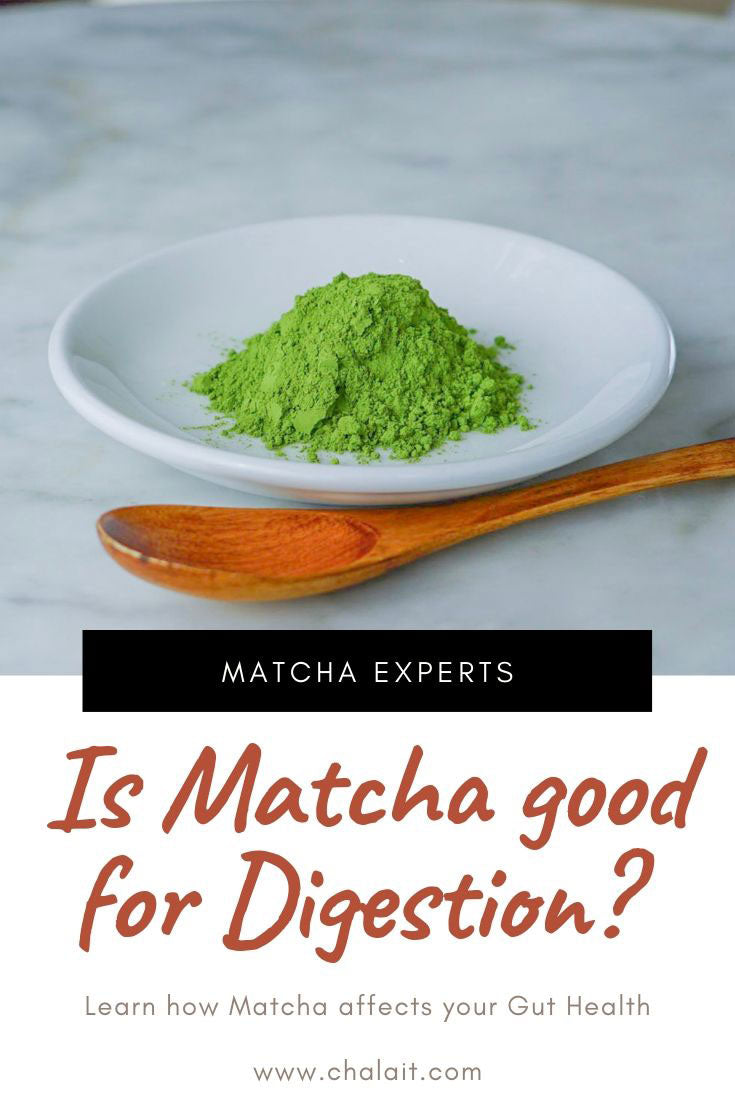Matcha and gut health
As research continues on gut health, we are becoming more aware of its connections to chronic illnesses and also, mental health. The race is now on, to discover just how far we can improve overall health and longevity by improving the abundance of good bacteria in the gut.
To achieve a good balance of gut bacteria, we not only need to provide a suitable environment for a variety of good bacteria to grow; while inhibiting the growth of pathogenic bacteria. For this, we should consume a healthy amount of natural prebiotics. Prebiotics ferment in the gut and serve as food for probiotics. Nourishing and supporting good gut bacteria population, helping it to flourish.
The Polyphenols that are abundant in Matcha Tea are broken down by the small intestine and colon. From there, they act as a prebiotic, encouraging the growth of good bacteria such as Lactobacillus and Bifidobacteria. While supporting the growth of good bacteria, polyphenols are also shown to discourage certain strains of harmful gut bacteria including Clostridium perfringens, Clostridium difficile, and Bacteroides.
Is Matcha good for Crohn's disease?
There is no cure for Crohn's Disease; however, there are some complementary agents and therapies which may help with symptomology. Matcha's full scope of health benefits is still formally tested. However, recent studies suggest that Green Tea and Matcha help to reduce inflammation of the bowel.
Matcha's Active ingredients of polyphenols (GrTPs) are potent antioxidants. GrTPs play an important role in potentiating against oxidative damage and inhibiting free radical formation. These Polyphenols have also been shown to reduce inflammation response in bowel disease lowering symptoms.
While we require more clinical trials, it is already known that Green Tea and Matcha will help to provide an anti-inflammatory response.
Why matcha, and not black tea?
The leaves of the Camellia Sinensis plants produce black tea, green tea, oolong tea and also Matcha. Each tea has a different production process, giving way to its unique flavour and nutrition profile. Of all teas, Matcha is the most potent.
Matcha's potency is due to its growth in the shade, which increases its levels of theanine and antioxidants. The particular growing technique, along with steaming techniques to stop oxidization and preserve its natural nutrients. Unlike other teas, when you drink matcha, you drink the actual leaf in its fine powder form, giving you a concentrate of health benefits.
Matcha and GERD
Gastroesophageal reflux disease (GERD) is extremely uncomfortable. Affecting the lower esophageal sphincter, this muscle band becomes weak, allowing stomach acid to flow up into your food pipe.
Generally, people with GERD, the consumption of traditional black tea and coffee are not recommended. This is for a couple of reasons
1. These drinks contain caffeine. While caffeine provides a much-needed lift in the morning or during an afternoon slump, it also causes your lower esophageal sphincter to loosen. By relaxing this band of muscles, stomach acids are more likely to rise and cause more considerable discomfort.
2. Coffee and some teas will increase acidity in your stomach
However, it is essential to note that not all people who suffer from GERD find that caffeine affects their symptoms.



